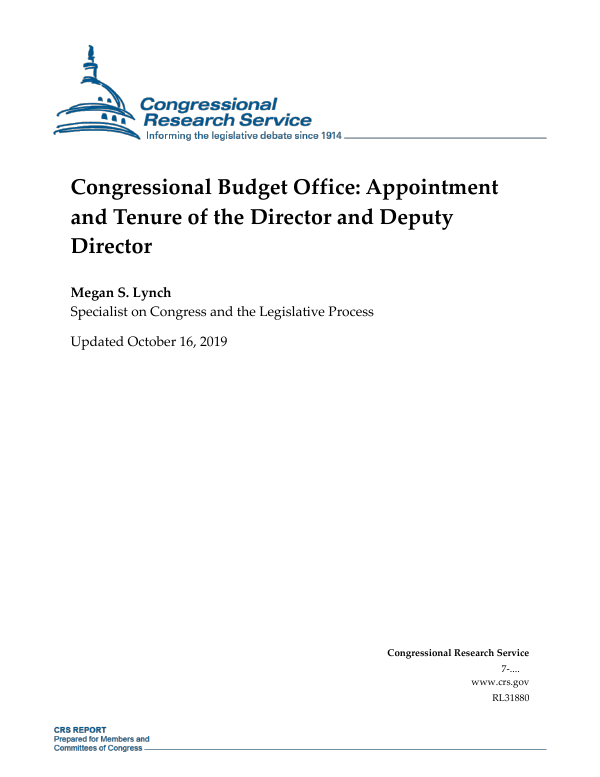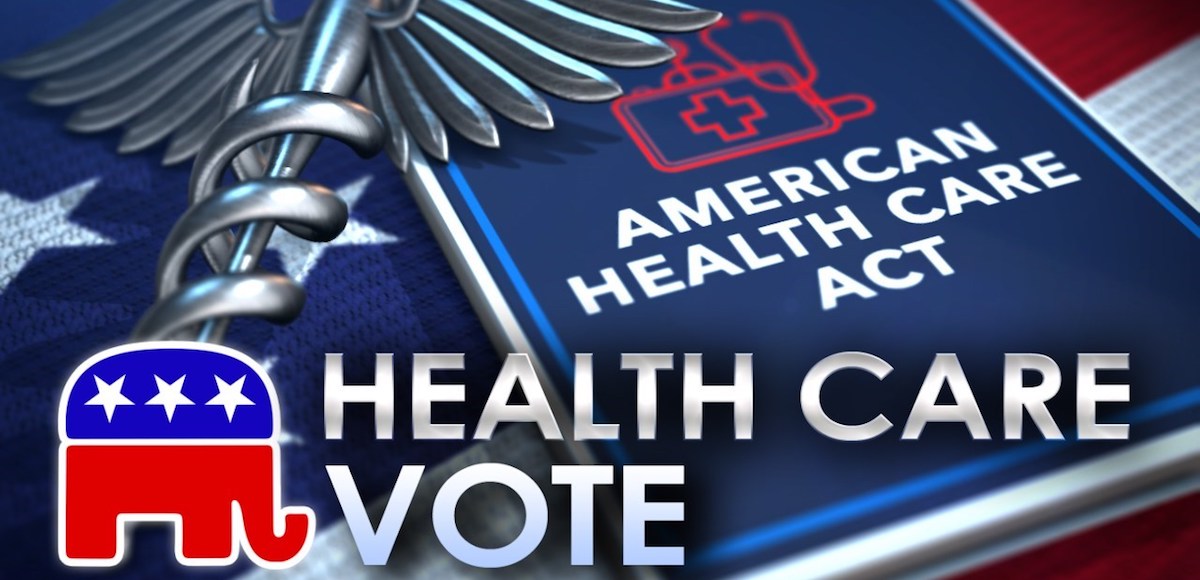
They also fund eligibility determination activities to make sure that eligible consumers get subsidies (and the appropriate subsidy amounts) and ineligible consumers do not. More than half the Trump budget’s proposed cuts fall in two categories of marketplace funding: “consumer information and outreach” and “eligibility and enrollment.” These budget items fund the marketplace call center that helps consumers enroll in marketplace coverage, in-person assistance by navigators and assisters, and outreach and marketing to make sure consumers know about the health insurance options available to them. President Trump’s budget requests 21 percent less funding to administer the marketplace in 2018 than President Obama requested for 2017.

Trump budget proposes large cuts in marketplace funding, hitting consumer outreach and assistance hard.

And then I’d have to decide what to do because I want people to have health care.” You know if I ever stop wanting to pay the subsidies, which I will.” He indicates that whether Congress passes health care legislation would impact his decision, saying, “if the bill didn’t pass the Republicans would have let me down. Trump says, “Plus we’re subsidizing it and we don’t have to subsidize it. Meanwhile, fresh threats that President Trump may stop CSR payments to insurers surface upon publication of this interview with The Economist. See here for more comments from insurers and state officials on the challenges they are facing. “Uncertainty breeds higher costs,” said Martin Hickey, CEO of New Mexico Health Connections. Premiums are higher than they would otherwise be, and insurers cite uncertainty about the individual mandate, whether they will receive cost-sharing reduction payments, and potential changes to federal rules as contributing factors. That amounts to holding millions of people’s health care hostage in an attempt to push through legislation that would take away health coverage from millions more people.Īs the 2018 rate-filing season gets underway, initial filings – along with statements from insurers and state regulators - show that sabotage is taking a toll. The President suggested that withholding the payments would force Democrats to negotiate with him on health care legislation, after House Republicans failed to advance their health care bill in March.

Equally important, a decision to stop the payments – or even prolonged uncertainty around these payments – could convince insurers that the Administration will keep taking actions that sabotage the individual market and lead them to stop offering plans altogether. If the federal government stopped these payments, the average premium for a silver plan would have to rise 19 percent to compensate, the Kaiser Family Foundation estimates. The cost-sharing reduction payments, which reduce deductibles and other cost-sharing charges for low-income people enrolled in silver-level marketplace plans, have been the subject of a lawsuit by House Republicans since 2014. Trump’s remarks heighten uncertainty for insurers at the very moment they’re making premium and participation decisions for next year.

If he actually followed through, the fallout would be even worse. His comments could on their own cause insurers to balk at offering marketplace plans or to raise their premiums. President Trump threatens to withhold ACA cost-sharing reduction payments to insurers. Trump threatens to withhold ACA cost-sharing reduction payments to insurers


 0 kommentar(er)
0 kommentar(er)
